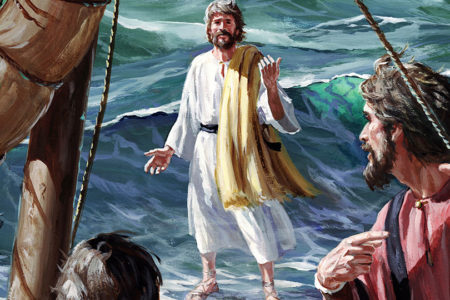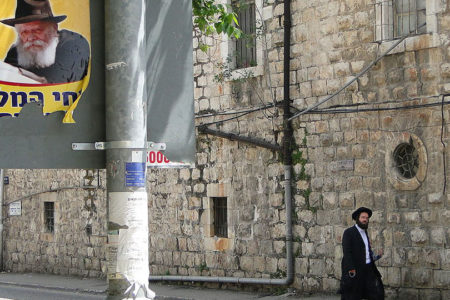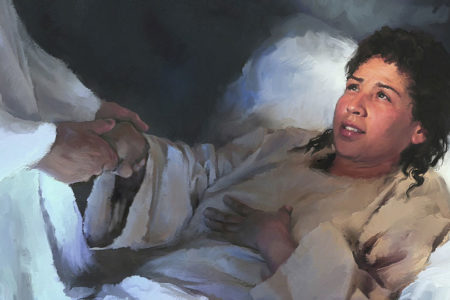Eye on the Middle East Nov/Dec 2014
Do a computer search for “ISIS” and “Christians” and prepare to gasp in horror. ISIS (Islamic State in Iraq and Syria, or simply Islamic State) is slaughtering Christians in the Middle East in a war on Christianity that is more deadly than the one between Israel and Hamas in Gaza.
While most of the Western world focused on Gaza last summer, ISIS was murdering people mercilessly. And as shouts of outrage concerning the war in Gaza proliferated, the virtual silence on the war against Christians was deafening.
During the civil rights movement in America, Dr. Martin Luther King Jr. voiced concern that people refused to speak up when injustice reigned. “In the end,” he said, “we will remember not the words of our enemies, but the silence of our friends.” Today in the war on Christians, the silence of friends speaks volumes.
“Is anybody listening?” asked Kirsten Powers in her July 29 USA Today article “Iraqi Christians’ nightmare.” “Thanks to ISIS persecution, Mosul is without Christians for the first time in 2,000 years,” she said.
ISIS had swarmed into Mosul demanding Christians convert, pay a tax, leave, or die. It robbed, pillaged, tortured, and expelled all the Christians there.
Speaking on Breitbart.com in July, counterinsurgency and counterterrorism expert Dr. Sebastian Gorka called the situation “a Christian version of the Holocaust and nothing less.” He also said, “The mainstream media are warped in terms of their world view. . . . So when it comes to the idea of religious persecution, they say, ‘Well who really cares because I don’t believe in God. If you are not sophisticated enough to be a post-modernist secularist . . . tough on you!’”
There are some voices trying to be heard. U.S. Congressman Frank Wolf (R-VA), co-chairman of the Tom Lantos Human Rights Commission, tried to get an official White House response to the war. In June 2013, he called the U.S. government’s response to persecuted Christians in the Mideast “anemic and at times outright baffling.”
Thirteen months later (in July) on the House floor, Wolf referred to Dr. King’s statement, saying, “The silence of the President and the silence of this administration is unbelievable.” Later, in an interview, Wolf added, “This place doesn’t want to do anything.”
U.S. Senator Roy Blunt (R-MO) asked Congress to pass a bipartisan bill establishing a special envoy to the Middle East to promote religious freedom and protect minorities, condemning the deadly violence against Coptic Christians in Egypt.
The American Center for Law and Justice started a petition calling on U.S. President Barack Obama to demand that Christians be protected in Egypt in exchange for U.S. foreign aid. David Brog, executive director of Christians United For Israel, declared, “This is a modern pogrom. The silence must end. The United States must lead.”
Raymond Ibrahim, with the David Horowitz Freedom Center, said, “The overwhelming majority of Christian persecution around the world today is being committed at the hands of Muslims of all races, languages, cultures, and sociopolitical circumstances.”
According to Open Doors USA, which ministers to persecuted Christians worldwide, nine of the top 10 countries where Christians suffer the most are Islamic. The majority of anti-Christian persecution in the world in 2013 took place at the hands of Muslims.
In 2009 President Obama delivered a major speech in Cairo, Egypt, declaring, “I’ve come here to Cairo to seek a new beginning between the United States and Muslims around the world, one based on mutual interest and mutual respect, and one based upon the truth that America and Islam are not exclusive and need not be in competition.”
The Palestinian Authority hailed it as “the beginning of a new American policy.” Maybe that is why the White House so far has said so little.








